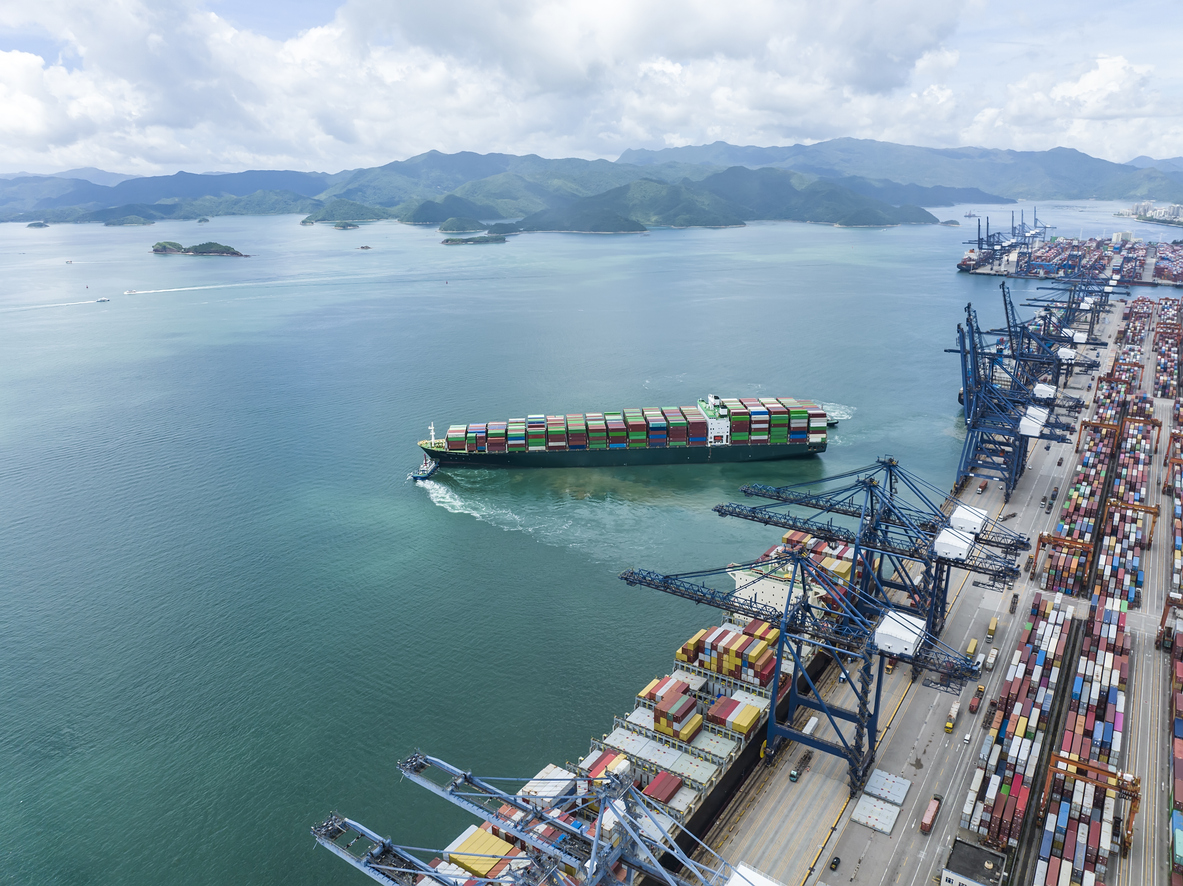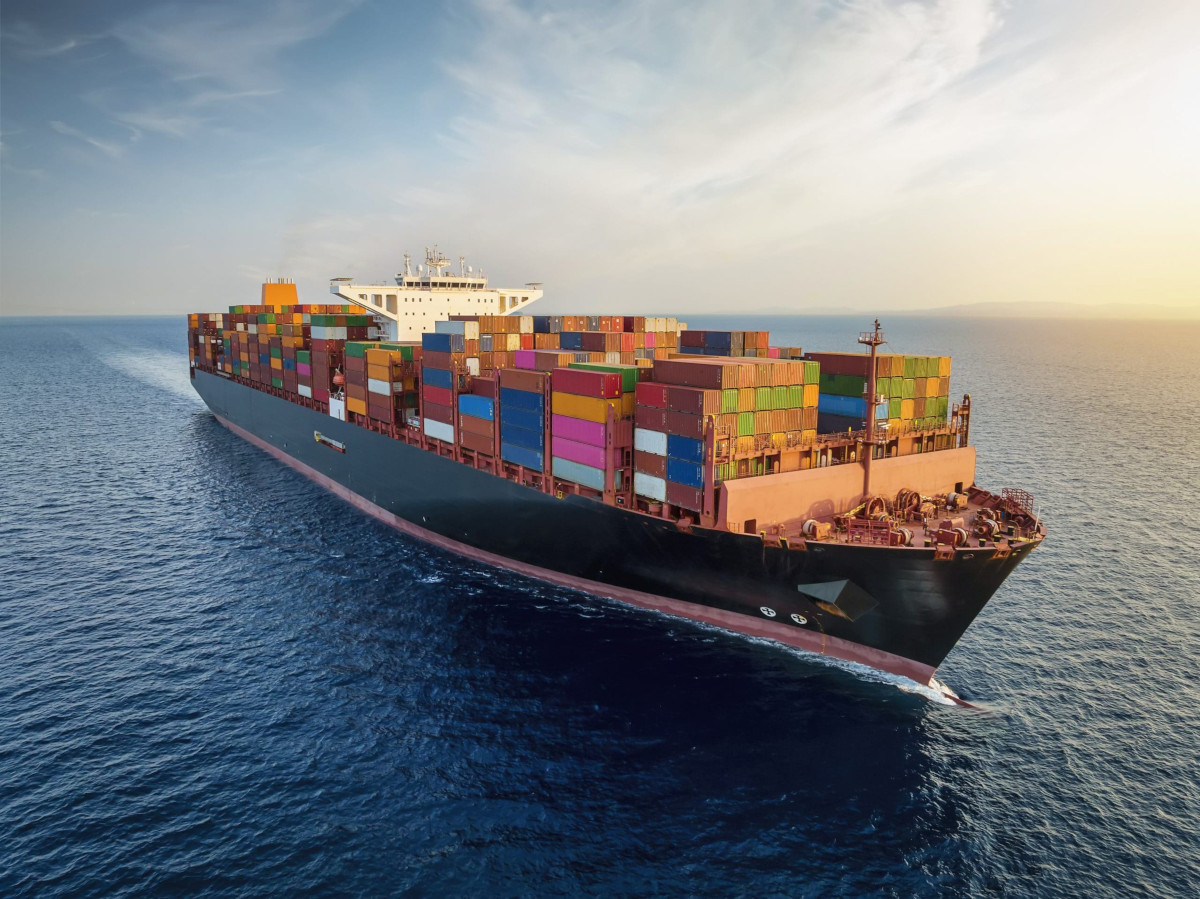Importer allegedly circumvented antidumping duties by misdeclaring the “country of origin” of Chinese-made steel wire hangers
An importer of steel wire hangers from China fraudulently circumvented the payment of antidumping duties by “transshipping” those products through third countries and misdeclaring their “country-of-origin,” the U.S. government has alleged.
CEK Group, LLC shipped Chinese steel wire hangers to Thailand, Malaysia and India before reshipping them to the United States, according to a complaint filed by the U.S. Department of Justice.
Then, it fraudulently misdeclared their “country of origin” as Thailand, Malaysia or India rather than China in entering those products through U.S. customs, the U.S. alleged.
It thereby allegedly evaded payment of antidumping duties of 187% which applied to the Chinese-made wire hangers.
CEK also allegedly caused certain of the misdeclared merchandise to be imported by shell companies controlled by its owner, apparently to conceal the fact that CEK was involved.
Moreover, CEK allegedly misclassified certain shipments under incorrect U.S. Harmonized Tariff Schedule codes, resulting in other unpaid customs duties.
After importation, the wire hangers were used in dry cleaning businesses across the country.
The government seeks recovery of more than $4 million in improperly evaded customs duties and $12 million in penalties against CEK.
Transshipment and “country of origin” fraud
Rates of customs duties and tariffs can vary greatly based on a product’s “country of origin” or “COO,” which is where it was manufactured, produced or grown. The COO must be declared on the importer’s CBP Form 7501 customs entry summary or “customs declaration.”
“Transshipment” is a form of customs fraud whereby goods are shipped to intermediate destination countries before being imported into the United States as pretext for the importer to misdeclare their “country of origin” and thereby evade lawfully owed customs duties or tariffs.
Transshipped goods may be falsely relabeled as products of the intermediate destination country or undergo minor finishing, repackaging or processing in it as a pretext for claiming they underwent “substantial transformation” there, which, if valid, would be a basis for redesignating the “country of origin.”
Transshipment is believed to be particularly prevalent with respect to merchandise produced in China, many categories of which are subject to especially high rates of customs duties which importers are highly motivated to find ways of avoiding, even if illegally.
Those high rates include so-called Section 301 tariffs of up to 25% which apply to billions of dollars in Chinese imports, as well as antidumping and countervailing duties (“AD/CVDs”).
AD/CVDs are trade remedies designed to “level the playing field” for domestic industries injured by foreign companies selling goods in the U.S. at artificially low or subsidized prices. They target many categories of Chinese products and can amount to hundreds of percent in additional duties.
For example, the steel wire hangers in the CEK matter were, under an order issued by the U.S. Department of Commerce, subject to antidumping duties of 187%.
Thailand, Vietnam, Malaysia, Taiwan and Korea are believed to be major “hubs” for fraudulently transshipped Chinese merchandise.
Tariff misclassification fraud
Customs duties are calculated based on the U.S. Harmonized Tariff Schedule (the “HTS”), which provides the tariff rates applicable to importable merchandise. Correct HTS codes must be declared by the importer on its customs entry documents.
Tariff misclassification fraud is the practice of knowingly misdeclaring incorrect HTS codes to evade customs duties. CEK, for example, allegedly misclassified certain of the Chinese-origin steel wire hanger it imported under an HTS code for duty-free household metal products from Thailand, according to the Justice Department.
The False Claims Act and customs fraud
While the government sued CEK under the Tariff Act of 1930, customs fraud is also actionable under another federal statute known as the False Claims Act.
The False Claims Act imposes significant liability—three times or “trebled” damages plus penalties—on parties which defraud the U.S. or its agencies, including U.S. Customs and Border Protection.
Whistleblowers—also known as qui tam “relators”—can sue False Claims Act violators on the government’s behalf and receive 15%-30% of any recovery as a reward.
The U.S. government has the right to intervene in and assume the prosecution of False Claims Act cases, and often does so in whistleblower matters involving customs fraud.
Whistleblowers play a significant role in exposing customs fraud, which is believed to be rampant yet difficult to detect.
Because the U.S. derives significant revenues from customs duties and tariffs, pursuit of customs fraud cases—including those started by False Claims Act whistleblowers—is a priority of the Justice Department.
Speak with a customs-fraud whistleblower attorney
Individuals with information about parties fraudulently evading customs duties or tariffs should contact experienced customs-fraud whistleblower attorney Mark A. Strauss to learn about becoming a False Claims Act whistleblower. Mr. Strauss has successfully obtained excellent results for whistleblowers and other clients.
All communications with Mark A. Strauss are protected by attorney-client privilege. There is no fee unless a whistleblower reward is recovered.





